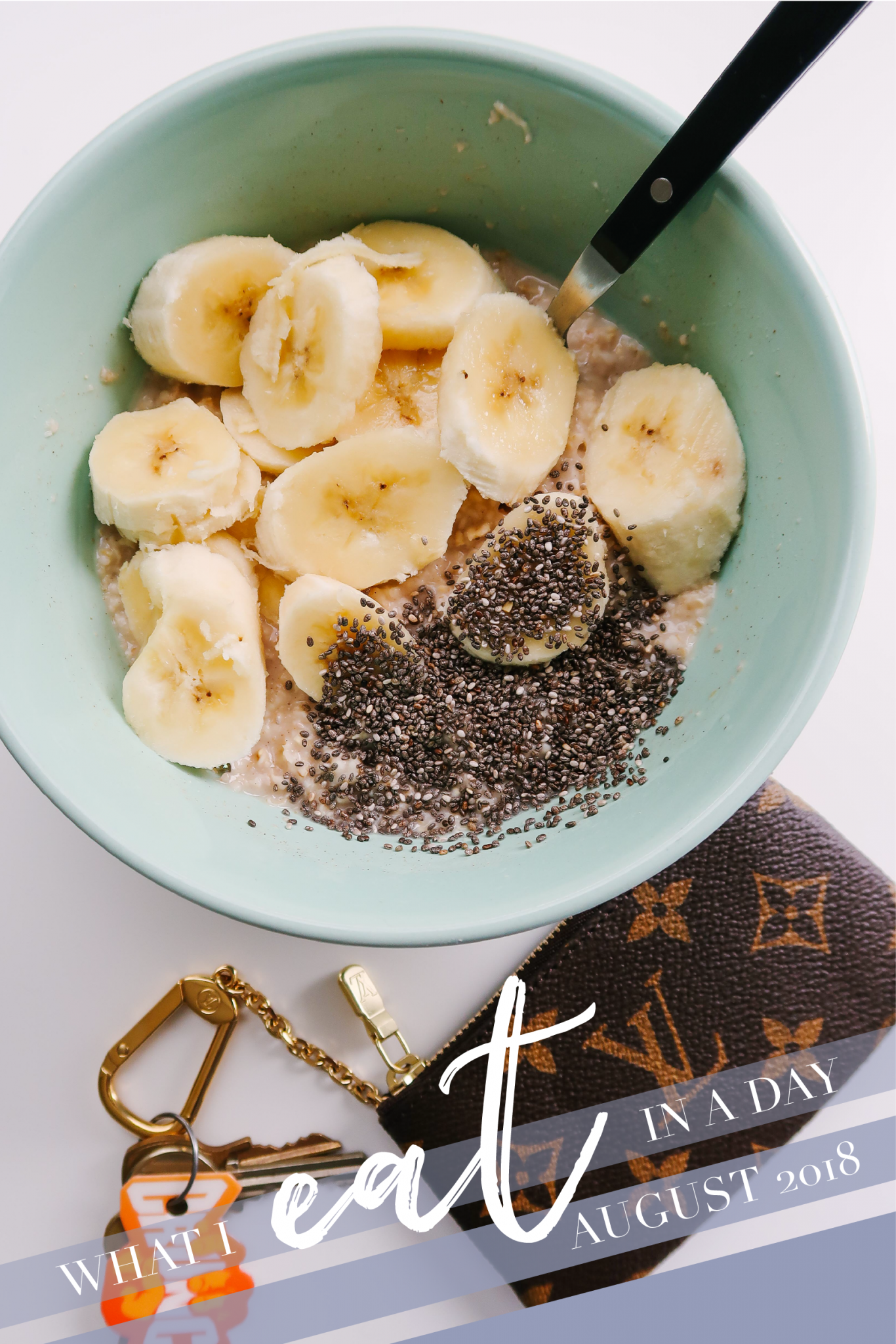
A few months ago, I wrote Best of Pinterest: Studying in College , where I shared great study tips from some of my favorite bloggers! This time, I’m sharing my personal study tips, from how I organize my study plan to what I listen to on Spotify. After 4 semesters of college, I think I’ve finally nailed down a routine that’s all about how to study “smart” and not “hard.” You don’t need to spend hours on end trying to cram an entire textbook’s worth of knowledge into your brain – it’s all about being prepared, knowing what you know, and maximizing break time. Keep reading to find out how I try to maximize my studying and productivity without feeling like my brain is going to explode!
1. Find a Study Spot
No, your bed is not a study spot. Sorry. Neither is your couch, or your friends couch, or really anywhere that you hang out. Having a separate study space and social space is important because you’ll start to associate each place with the task at hand.
I like to relax and hang out with my friends in my room, which is why my study spot is in one of the libraries around campus. It makes it way easier to know that when I’m in the library, it’s focus time, and when I’m in my room, it’s fun time!
2. Be Prepared
There’s nothing like getting to your designated study spot and realizing that you have none of the notebooks you need to study, a half-charged laptop, and those earbuds that broke like 6 weeks ago. The easiest way to maximize study time is to carry all of your study materials with you, and then head straight to your study spot when class is over.
I like to pack my backpack at night, so I’ll usually glance at my agenda and fill my backpack with all the notebooks, snacks, and chargers I’ll need. When class is over, I head straight to my study spot instead of wasting precious time scrambling around my room for the right study materials!
3. Turn Up the Tunes
I like to listen to different music depending on what I’m studying. If I’m reading, I need music with no words, but I love to jam out to Today’s Top Hits when I’m doing math homework. I’ve included some of my favorite Spotify playlists below – try ’em out and see what works for you!
https://play.spotify.com/user/spotify/playlist/5FJXhjdILmRA2z5bvz4nzf
4. Create a Study Plan
My study plan usually consists of me writing down what chapters of the material the exam is going to cover, then dividing up the number of chapters by the days I have to study (i.e. 6 chapters of material & 3 days = 2 chapters of material per day). Then, I skim over the material (notes, worksheets, practice problems) and decide what I need to focus on.
There’s no point in studying material that you’re already confident about! Although it’s not fun to study the challenging material, you’ll thank yourself when it comes up on an exam. That being said, don’t skim through the material, think “Oh, I totally know all of this”, and then never look at your notes again. College professors love to write questions that require you to pull and apply concepts from all areas of the material.
I like to write down every concept that I need to study on a sheet literally titled “Things to Study” and cross them off as I go. The important thing is knowing that you don’t have to waste your time on material that you already know. Save your efforts for what you don’t know and you’ll kill it on test day!
5. Create a Cheat Sheet
Now, I’m not going to tell you exactly how to study – that’s up to you. Maybe you need to read the PowerPoint notes, or go over the practice problems in the textbook. It takes a little time, but eventually you’ll know exactly how you study best. I like to write down the difficult material over again because I’m a visual learner.
Every time I’m going over the material and I think to myself “Oooh, I really gotta remember that before the exam”, I write a bullet point on a loose sheet of paper. That piece of paper becomes my “cheat sheet” for the exam, and it’s what I read over right before the test so those little sticking points that I tend to forget are fresh in my mind. If I need to, I jot some of them down on the top of my exam once it’s handed out.
Sometimes, that short term memory is really important in acing an exam. Instead of trying to remember absolutely everything, use your long term memory to store explanations of the material, and use your short term memory for those little facts that are probably okay to forget after the exam (at least until the final).
Chances are you’ve probably forgotten the little nuances of the material that you knew during the semester, so these “cheat sheets” also make awesome study guides for the final exam.
6. Breaks are SO Important!
I don’t know about you, but my study limit is like 4 hours. After that, I can’t focus on anything. Because of this, I like to implement the 50/10 study method. Set a timer for 50 minutes and study study study (no social media, no phone, etc). When that 50 minutes is up, reward yourself with a 10 minute break!
During my breaks, I like to take a walk or check social media. Even though it’s only 10 minutes, it’s really nice just to relax and take my mind off of school!
When that 10 minute timer is up (I know, sad right??), I set another one for 50 minutes and start all over again! It’s so much easier to focus when you know that there’s a break within reach, though. Less distractions = more focus = better test results! And who doesn’t want better test results?





